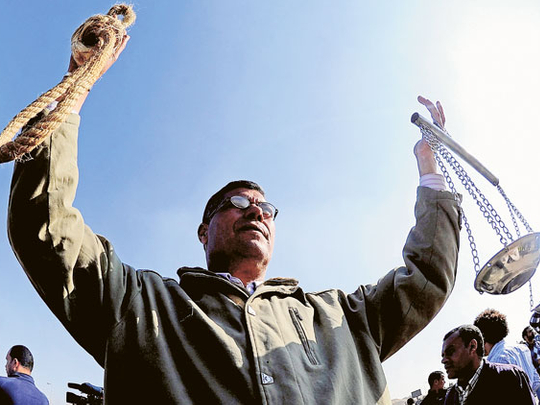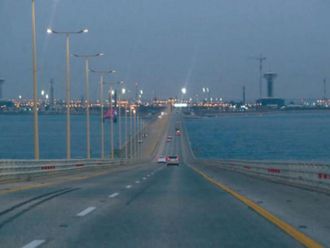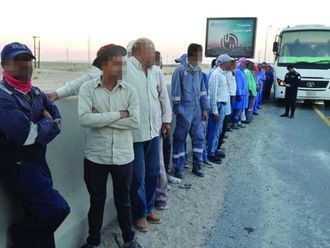
Cairo: Former Egyptian president Hosni Mubarak was Tuesday slammed for plunging his country into "unprecedented" political and socio-economic decline.
Mubarak, 83, lay on a hospital bed in the dock, as a chief attorney told a court hearing that the former strongman created a corrupt political system and condoned the proliferation of corruption across the country of more than 80 million people. "He devoted the last decade of his (30-year) rule to paving the way for hereditary succession to his son," added Cairo's Attorney General Mustafa Sulaiman, at Tuesday's trial session, the second in two days. Neither Mubarak nor his younger son Jamal made a comment on the accusations. Both had pleaded not guilty at the beginning of the trial on August 3.
Jamal, a banker-turned-politician, was an influential official in the now-disbanded ruling National Democratic Party. Sulaiman, representing prosecution at the trial, accused Mubarak, former interior ministry Habib Al Adly and six senior security aides of deliberately ordering the killing of protesters during an 18-day revolt that eventually unseated Mubarak last February.
"The former president pursued a bad economic policy that resulted in higher prices, impoverished the people and made the gap get wider between the poor and the rich," added Sulaiman.
He also accused Mubarak of diminishing Egypt's regional and international role due to his autocracy. "This trial is a landmark event in the Egyptian and Arab history because it is the first time a ruler is put on trial," added Sulaiman.
Mubarak is facing charges of complicity in killing more than 840 protesters. He is also charged with graft and public money waste. He can be punished by death if convicted.
Meanwhile, Sulaiman accused the former interior minister of setting up an oppressive security system to keep the Mubarak regime in place. "He (Al Adly) devoted all police agencies to preparing the way for the hereditary succession (from Mubarak to his son)," said the lead prosecutor. Al Adli held the post from 1996 until January 28, 2011 when he was sacked at the peak of the anti-Mubarak uprising. He was notorious for a brutal crackdown on opponents, mainly Islamists. The presiding judge Ahmad Refaat said that the lead prosecutor would resume his argument against the defendants on Wednesday.
Ahmad Ramzy, a former head of the anti-riot police charged in the same case, failed to appear on Tuesday due to ill-health, court sources said.
Meanwhile, dozens of families of slain protesters gathered outside the court building at the Police Academy on the outskirts of Cairo, demanding "death to the killers".












